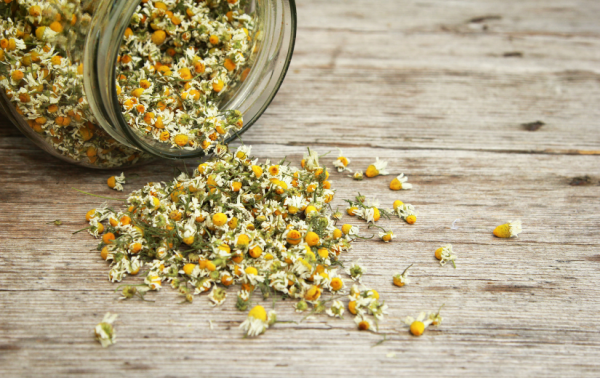
A bitter, is a herb that is bitter tasting to the palette and stimulates digestive activity. It truly is the definition of something that is good for you that tastes bad!
Our taste buds send information to the brain, and out of the 30 taste receptors on the tongue, 25 of them are involved with detecting the bitter taste. Some bitter herbs can stimulate neural signalling and reflex responses within the mouth, which is the beginning of aiding the digestion process.
Overall bitter herbs can help with:
- Healing and repairing gut wall damage.
- Regulating the pancreas, which in turn regulates blood sugar
- Stimulating appetite, and digestive fluid
- Aids the liver in detoxifying and bile production
One theory as to how bitters can assist with digestion is that the bitters pass through the glossopharyngeal nerve to cells within the cerebral cortex, and here, the nerves will translate the stimulus as bitter which sends signals through the vagus nerve to the salivary glands and stomach to enhance appetite.
The digestive process has 3 main phases:
- Cephalic phase: the appearance, smell, taste, and texture, of the food, plus chewing and swallowing.
- Gastric phase: the food has now landed in the gut! Receptors are triggered, stimulating secretions and gastric relaxation.
- Intestinal phase: the food is now in the intestines, this stage can last up to 4 hours as blood flow and motility increases and the enteric nervous system is triggered, which releases hormones to aid the digestive process.
Bitter herbs can also have warming or cooling properties, aid the nervous system, and can also aid with reducing inflammation and being antimicrobial. One herb can have many properties!
Here are some herbs that have bitter actions:
- Wormwood
- Gentian
- Dandelion
- Yarrow
- Chamomile
- Barberry
How can I take bitters?
Bitter herbs can be taken as a tincture and added to water or taken straight. Another lovely way to take them is by brewing your favourite bitter herb as a tea. You can even eat them in the form of dandelion greens, kale, and Brussel sprouts! They can also be taken as a dried herb in a capsule form taken before or with meals will get the best digestive benefits.
If you think that bitters could assist you, get in touch!
Written by, Sheree Wall

